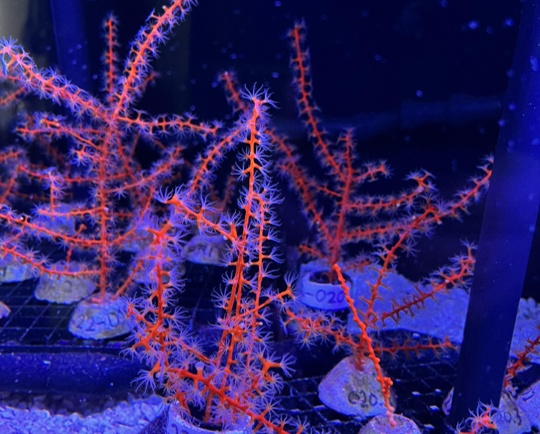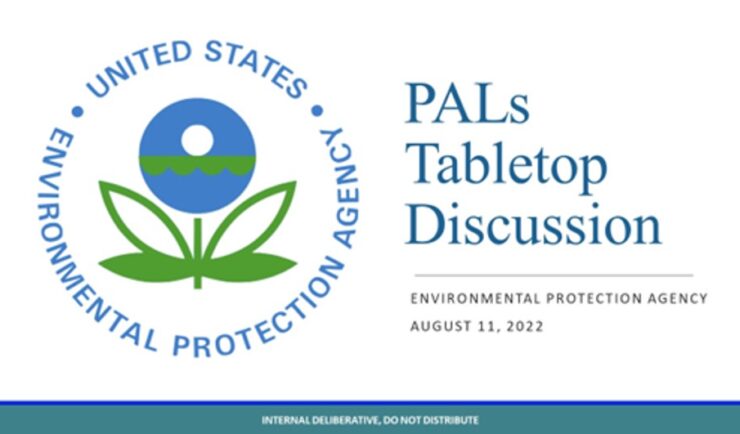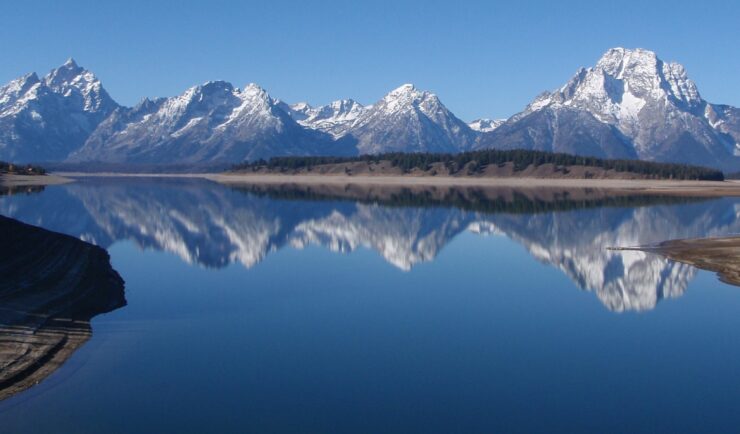- CSS News, Success Stories, Uncategorized
- Safety, Health, & Environmental Compliance
CSS Awarded Five Year Subcontract Supporting the Bureau of Engraving and Printing

For over 22 years, CSS has supported the Bureau of Engraving and Printing (BEP). Originally as a prime contractor, CSS began supporting BEP in 2002. In November 2024, a new prime contractor, Koniag, signed CSS as a major subcontractor, which enabled CSS employee owners to continue providing comprehensive environmental, occupational safety and industrial hygiene support to BEP’s Office of Environmental, Health and Safety.

CSS employee owners provide continuous comprehensive environmental, occupational safety, and industrial hygiene services for BEP employees. Specific services include
- Conducting safety and health inspections throughout BEP
- Investigating and documenting employee injuries, illnesses, near misses and incidents pertaining to indoor air quality, fire, and other emergencies
- Responding to chemical spills on evening and midnight shifts
- Issuing hot work permits and confined space entry permits
- Updating and maintaining Safety Data Sheets records
- Assisting with the planning, conducting, and evaluating evacuation drills
- Assisting with machine guarding assessments
- Maintaining a document filing system (both electronic and paper files) and performing other clerical functions
- Coordinating and conducting Environmental, Safety, Fire Prevention, and Health Training
- Assisting in the development and implementation of equipment-specific energy control procedures
- Providing technical consultation services including review of projects, documents, plans policies, procedures, guidelines, and handbooks
- Developing and implementing various policies, plans, procedures, and guidelines. This includes the BEP Environment, Health and Safety, and Emergency Medical Services manuals
- Conducting exposure monitoring to occupational stressors such as noise, dust, airborne chemicals, and non-ionizing radiation
- Conducting job safety analyses and related employee training
- Conducting powered industrial truck operator competency assessments
- Three employee owners support this contract: a technical safety lead, a safety specialist, and a staff person to conduct quality control reviews.
See More CSS Insights

Studying Mesophotic Coral Health
Mesophotic coral can live at depths of 500 feet below the ocean surface. Even at this depth, some of the mesophotic corals in the Gulf of Mexico were affected by the Deepwater Horizon oil spill in 2010. Our coral scientists supporting NOAA’s National Centers for Coastal Ocean Science are studying the extent of this impact.…

Webinar Support for Emergency Chemical Release Response
Our staff assisted the EPA team in developing the webinar event, acted as moderator, and provided technical support.

1000 Samples of Lake Water Collected and Processed
Congrats to our team supporting U.S. Environmental Protection Agency’s Office of Research and Development for completing the processing and initial chemical analyses of 1000 lake water samples! They received lake water samples from across the continental U.S. this past summer and have completed the initial chemical analyses as part of the U.S. EPA 2022 National…
